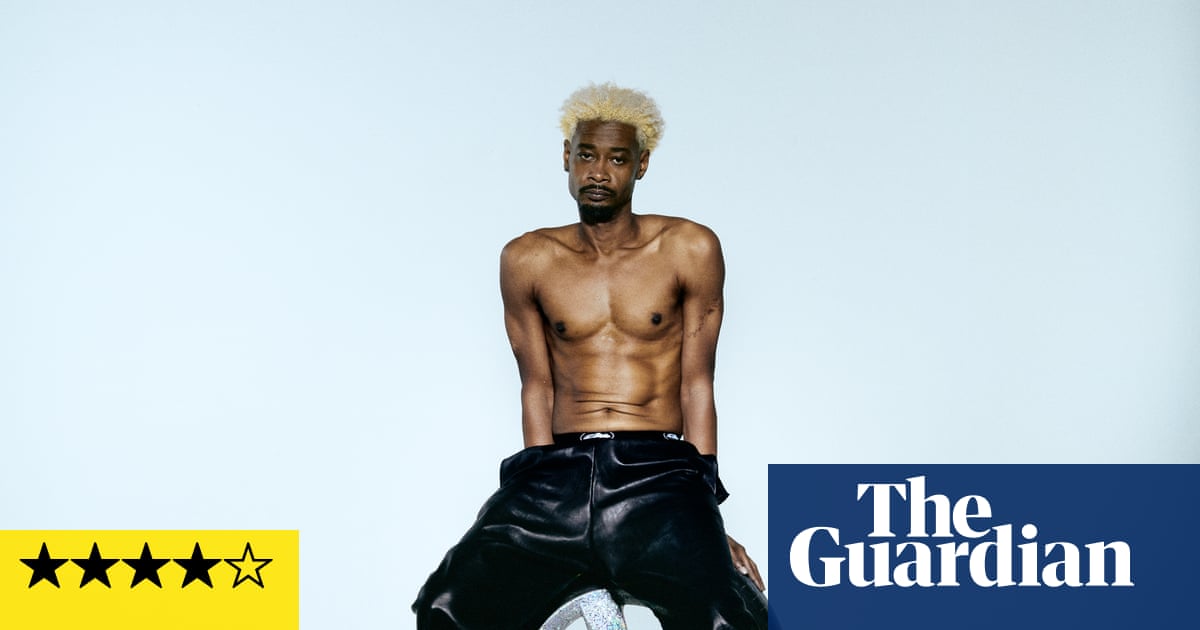
"Brown had long played on his image as a drug-guzzling maniac, too crazed to be contained by any of hip-hop's standard generic boundaries: posing for photographs with his hair wildly backcombed, his missing teeth on full display, his tongue out and his fingers in devil's horns, telling interviewers I'm just waiting to die everything after this point is, like, whatever; referring to his songs as trauma dumps and calling them things like Adderall Admiral, White Lines, Dope Fiend Rental, Need Another Drink"
"By the time he made Quaranta and Scaring the Hoes, however, he was in serious trouble: blackout drunk when recording the former, in pain all the time, throwing up and shit during the making of the latter. By the time of the interview, he'd been to rehab and got sober: ostensibly a happy ending, but Brown struck a note of caution. I've seen so many artists get sober, he said. And their music sucks."
Danny Brown built a public persona around self-destruction, outrageous visuals, and raw confessional songs labeled like trauma dumps. He recorded Quaranta and Scaring the Hoes amid severe substance misuse, experiencing blackouts, constant pain, and physical illness during sessions. After entering rehab he achieved sobriety, which led to a tonal shift toward optimism and gentler material on Stardust. Stardust adopts the voice of Dusty Star, a 90s-style pop figure echoing Brown, blending chaotic cultural references with heartfelt advice and upbeat track titles such as Lift You Up and 1L0v3myL1f3!. Brown expressed concern about artistic decline after sobriety.
Read at www.theguardian.com
Unable to calculate read time
Collection
[
|
...
]